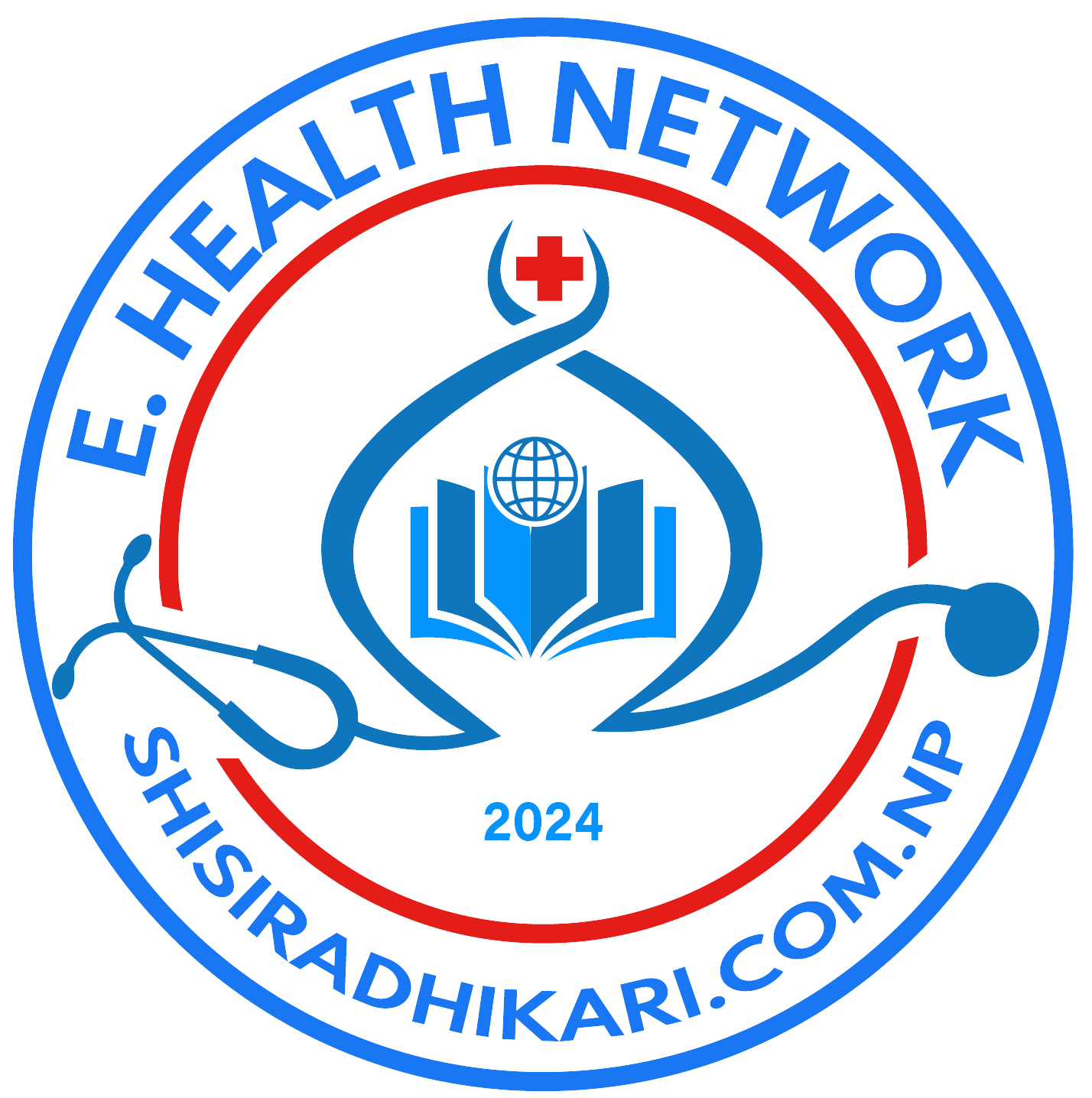Background
A competent, motivated healthy workforce forms the core of a high quality, effective and efficient health system. In line with the national policies, plans and programs of Ministry of Health and population (MOHP), National Health Training Centre (NHTC) runs as a federal body for co-ordination and management of all health trainings in Nepal. It was established in 1993 A.D. and is primarily responsible for policy formulation, planning/budgeting, need assessment, curriculum design, implementation, monitoring and evaluation (M&E), follow up and overall quality assurance related to training system. The training network includes seven provincial health training centers and 60 clinical training sites.
It caters to training needs of all Departments, Divisions and Centers of Ministry of Health and Population, thus contributing to meet the targets envisioned in National Health Policy 2019, National Health Sector Strategy (2015- 2020) and Sustainable Development Goals (2030) AD. It plans and conducts training activities in line with the National Health Training Strategy 2004 AD. It is also responsible for accrediting clinical training sites and Clinical and public health related training courses to maintain the standard of the health training so as to strengthen the capacity of health service providers across the country.
Vision
The vision of NHTC is to develop as a National Health Training Academy to Institutionalize Training System Thus the training system which will be sustained and capable of responding to training requirements of all stakeholders being involved in health care delivery system up to the community level.
Mission
The National Health Training Centre helps to develop Human Resources to facilitate Health System Planners, Programmangers, Trainers in preparing and implementing their training programs and train service providers for successful implementation.
Goal:
To enhance the technical and managerial capacity of health care service providers at all levels to deliver quality health care services towards attainment of the optimum level of health status of Nepali citizens.
- To develop and standardize the Learning Resource Packages for the training
- To conduct the pre- and in-service trainings to address the need of the country and to support the quality of care by enhancing the service provider’s competency
- To regulate the quality of training activities by different mechanisms in adherence to national standards, protocols and guidelines
- To develop and accreditate the different training sites throughout the country and strengthens their capacity
- To provide post-training support with follow up and enhancement
- Assessing, standardizing and accrediting training activities and clinical training sites
- Developing and standardizing training packages
- Institutional Capacity development of training sites
- Conducting pre-service, in-service, short term and long term trainings as per national requirements
- Integrating and institutionalizing training activities
- Developing links with professional career development organizations
- Strengthening Training Information Management System (TIMS) and develop trainer’s pool at federal and provincial level.
Organizational structure:

Training co-ordination Wings: Training Network


Major Activities
1. Health Training
A. Initial and Basic Training
· VHWs/MCHWs(Phased out)
· FCHVs
· Biomedical equipment technician Training (BMET)
B. Upgrading Training
· MCHW to ANM
· Sr. ANM
· ANM-P
· VHW to AHW
· Sr. AHWs
· AHW-P
C. Special Training
· Skilled Birth Attendence
· Advanced Skilled Birth Attendence
· Ultrasonography (USG)
· Medico-Legal
· Non-Scapel Vasectomy
· Intrauterine Contraceptive Device (IUCD)
· Minilap
· Implant
· Anaesthesia Assistant Course (AAC)
· Safe Abortion Services
· Mid-Level Practicum (MLP)
· Palliative Care
· Paediatric Nursing Care
D. Other Clinical Training
· Clinical Training Skills (CTS)
· Operation Theatre Technique and Management (OTTM)
· Paediatric Nursing Care
· Infection prevention (IP)
· ICU/CCU
· Mental Health
· CoFP Counseling
· Spinal Injury
· Burn Care
· Primary Trauma Care
E. Health-Related Training
· Induction Training (Newly recruited Health Personnel)
· Continue Professional Development (CPD)
· Adolescent and Sexual Reproductive Health (ASRH)
· General Training of Trainers (GToT)
F. Refresher Training:
· FCHV Refresher
· SBA Refresher
· CAC Refresher
· GToT Refesher
G. Orientation Programs
· Health Facility Operation and Management Committee (HFOMC)
· Appreciative Inquary (AI)
· Inclusive Governance (IG)
2. Certification
3. Training Need Analysis (TNA)
4. Planning and Implemention of the Training Program
5. Assessment and Accreditation
· Site
· Training
6. Curriculum Development, Review and Revision
7. Co-ordination and Collaboration with concerned Stakeholders
8. Training Policy Formulation, Review and Revision
9. Institutional Capacity Development for all Center and Sites
10. Training Follow-Up Enhancing Program (Training-FEP)
11. Development of the Training Data Bank
12. Research on Health Training ProgramsBackground
 E. Health Newtwork
2024-10-22 07:52:20
1650
0
E. Health Newtwork
2024-10-22 07:52:20
1650
0
Leave Your Comment